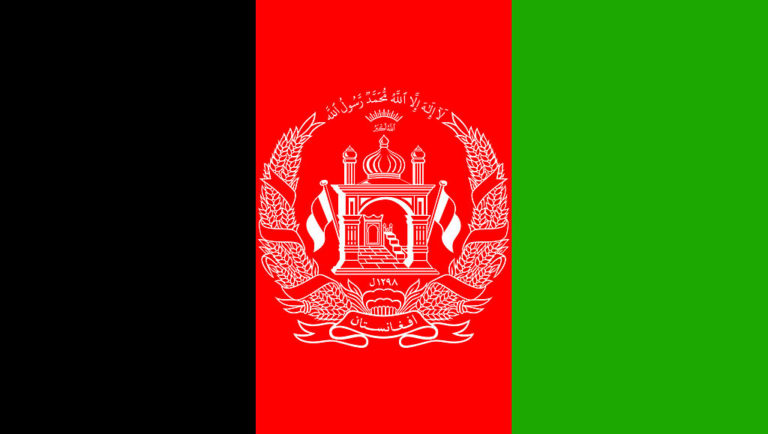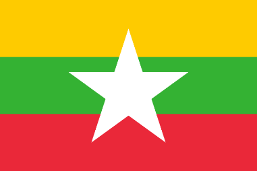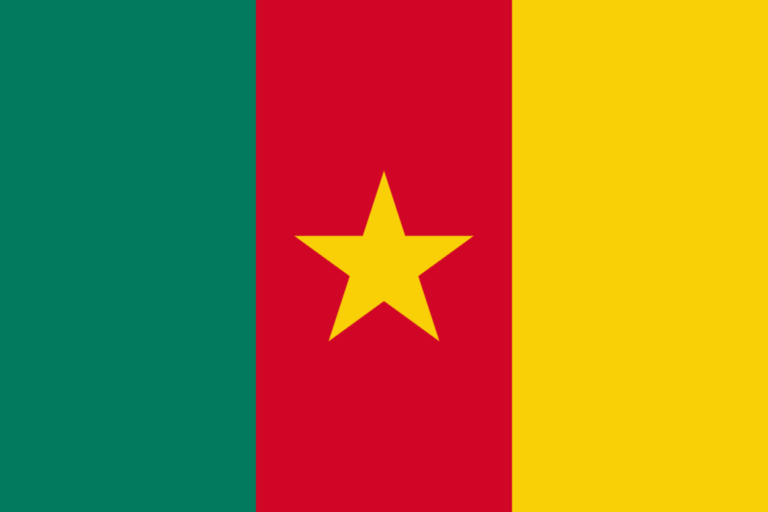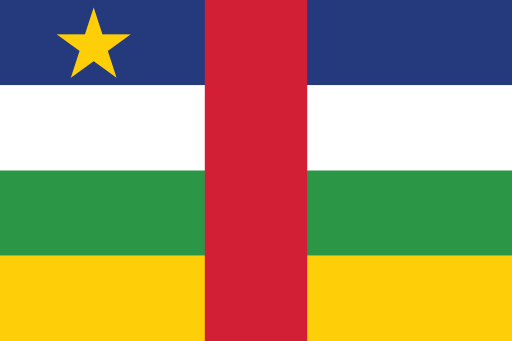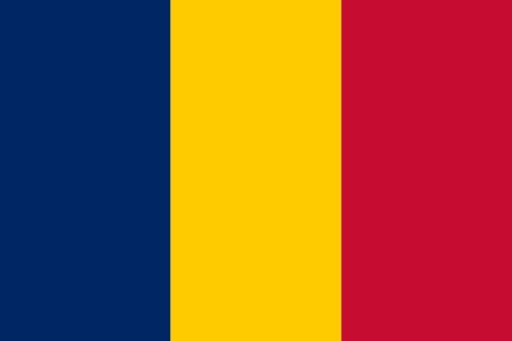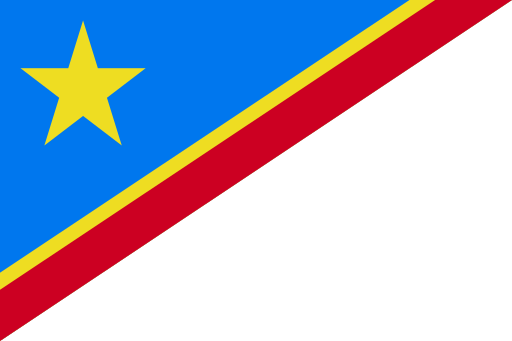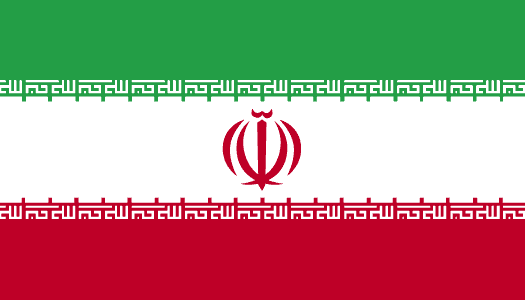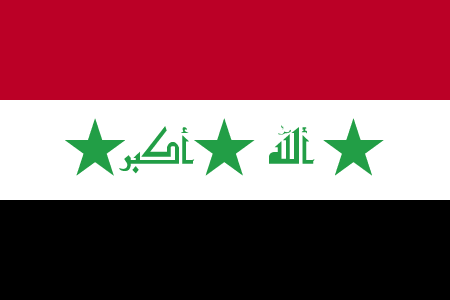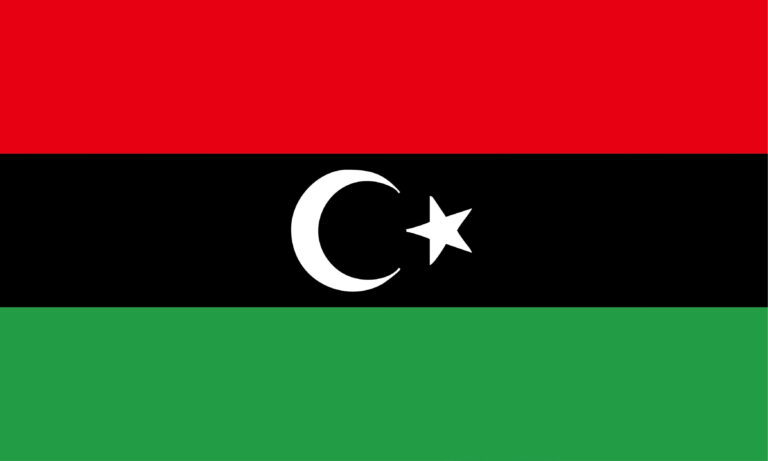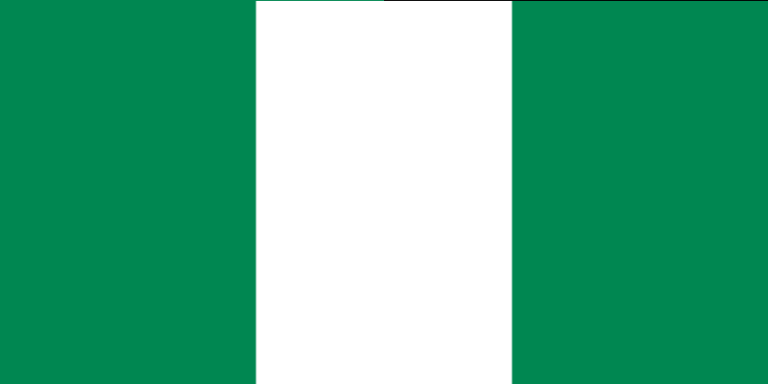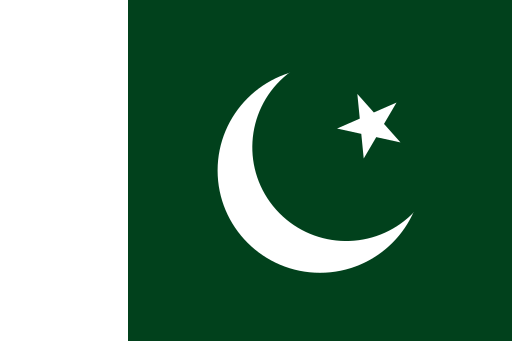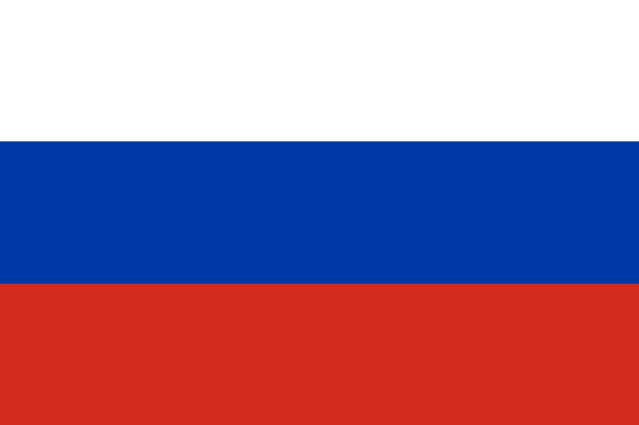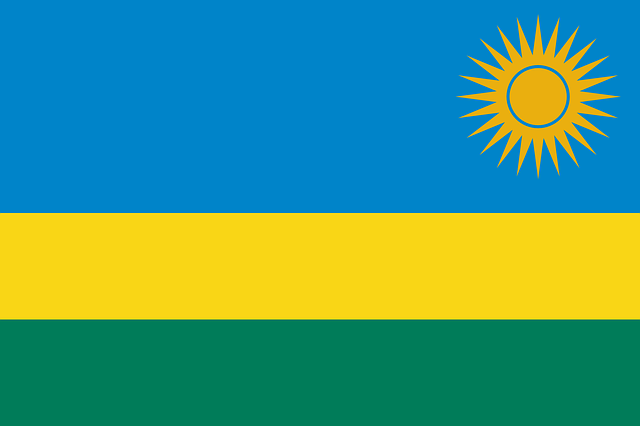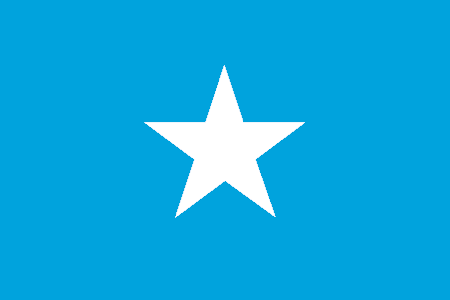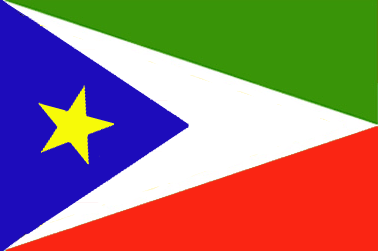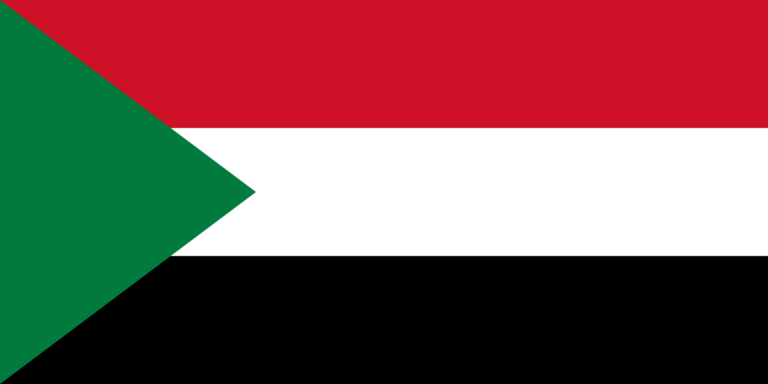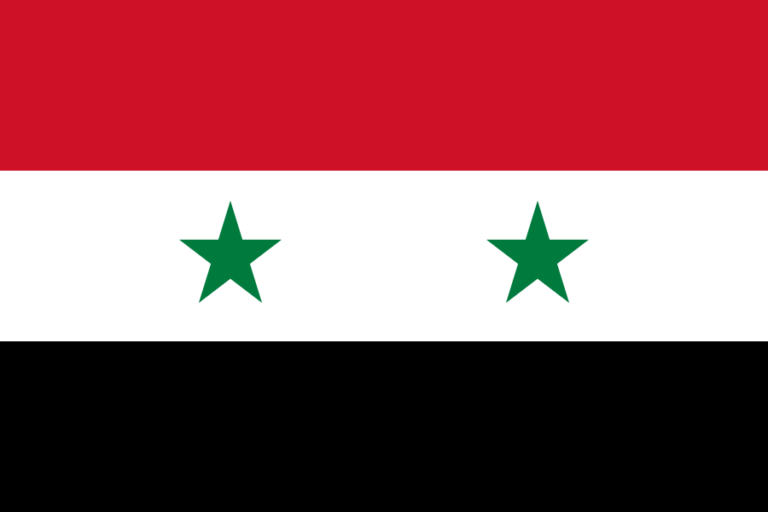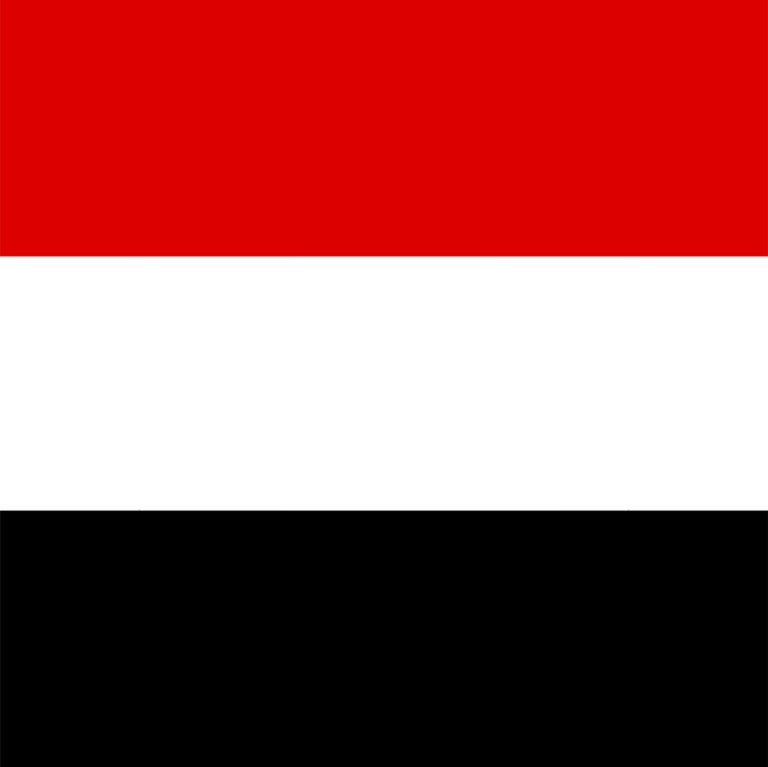- Updated October 24, 2023
Years Listed
Each shaded box corresponds to a year the country appeared on the CSPA list and what types of waivers it received, if any.
South Sudan has appeared on the CSPA list for twelve consecutive years beginning in 2012.1 South Sudan became an independent country in July 2011. Before independence, the State Department reported that South Sudanese armed groups used child soldiers between March 1, 2010 and February 28, 2011 – the reporting period used to develop the 2011 CSPA list. For more, see: U.S. State Department, “2011 Trafficking in Persons Report,” (Washington, DC, June 2011). The U.S. president waived, either in part or in full, CSPA prohibitions against the provision of U.S. arms sales and military assistance to South Sudan for all but two of these years (2022 and 2023), resulting in the provision of nearly $232 million in arms sales and military assistance from FY2013 through FY2022.
Specifically, the president has waived more than $20 million in Direct Commercial Sales, $773,000 in International Military Education and Training, and more than $211 million in Peacekeeping Operations assistance from FY2013 through FY2022. After not receiving a waiver in 2022, South Sudan was denied $18 million in FY2023 Peacekeeping Operations assistance due to CSPA prohibitions.
Since 2021, U.S. presidents have been required to include justifications for CSPA waivers that were issued during the previous year in the annual Trafficking in Persons Report. South Sudan’s 2020 and 2021 waiver justifications maintain that “waiving restrictions to PKO assistance is in the U.S. national interest,” as PKO funds are used to support essential ceasefire monitoring mechanisms or efforts in the country – including the Revitalized Agreement on the Resolution of the Conflict in the Republic of South Sudan, which requires the government of South Sudan to refrain from the recruitment and use of child soldiers.
According to the U.S. State Department, government and opposition forces in South Sudan are believed to have recruited more than 19,000 children for use as soldiers since the country’s civil war began in 2013. Experts estimate that there were between 7,000 and 19,000 child soldiers in South Sudan as of February 2021. Government forces – including the South Sudan People’s Defense Forces (SSPDF) and the South Sudan National Police Service (SSNPS) – as well as allied militias that have received government support – including the Sudan People’s Liberation Army-North (SPLM/A-N) – have all recruited and used child soldiers. The SSPDF, SSNPS, and allied militias continued to recruit and use child soldiers as of March 2023. South Sudanese government forces use children to fight and perpetuate violence against other children and civilians, serve as bodyguards, staff checkpoints, and in other security support roles.
In a 2018 peace agreement, the South Sudanese government and other warring parties committed to “refrain from” the “recruitment and/or use of child soldiers by armed forces or militias in contravention of international conventions.” The government also signed a UN Action Plan in February 2020 to end and prevent all grave violations against children, and has demobilized and released hundreds of child soldiers. However, as of March 2023, South Sudanese security forces had yet to fully implement the 2020 action plan to demobilize child soldiers currently within their ranks, and many SSPDF officers did not meet their annual training requirements to increase their awareness of international standards and obligations around the recruitment and use of child soldiers. In addition, the government has yet to hold members of the SSPDF, SSNPS, or allied militias criminally or administratively accountable for the recruitment and use of child soldiers.
For more information, see the U.S. State Department’s Trafficking in Persons Report and Country Reports on Human Rights Practices. More information on the situation in South Sudan can also be found in the UN Secretary-General’s annual report on Children and Armed Conflict and country-specific report on South Sudan.
Total Waived and Prohibited
Since the CSPA took effect.
Explore the Data
Country- and program-level data on the number and type of national interest waivers granted, as well as the amount of arms sales and military assistance waived.

